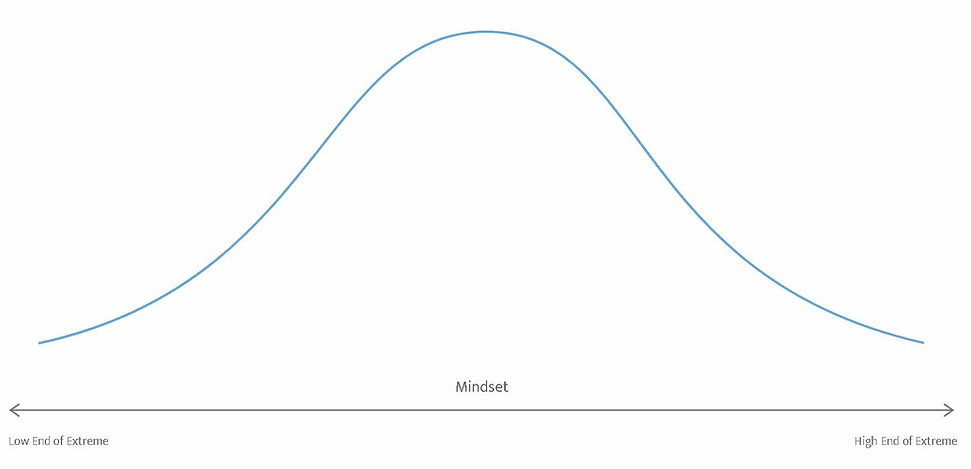Rumi: an iOS application

My Roles
Project Lead
UX Research
Prototyping
Usability Testing
Team
Melanie Carissismi
Mikal Beth Fortenberry
Alicia Marcinko
Venessa Onwuchekwa
Tools
Adobe Illustrator
Adobe XD
Miro
Mural
Trello
Zoom
Timeline
10/2020 - 1/2021
Project Overview
Rumi is like a reset button for the anxious brain. Anxiety can be at its worst when people experience negative looping thoughts known as ruminations. In a perfect world, people would be able to control their negative thoughts. Rumi wants to give people something to focus on instead of their ruminations. Something to redirect their brains and bring them relief.
Process
Research:
-
Define the problem
-
Competitive analysis
-
User interviews (remote)
-
Empathy map
-
Personas
Design:
-
Epics + User stories
-
Workflows
-
Paper sketches
-
Rapid iteration
-
Wireframes
-
Design themes + elements
Test:
-
User tasks
-
Remote testing
-
Testing analysis
-
Updates
-
Build out plans
Competitive Analysis

A competitive analysis of several popular mindfulness/mental health apps produced five main features that would give Rumi an edge in this market.
Using User Interviews to Create an Empathy Map

Creating User Personas

Extreme User 1:
Extreme User 2:
Primary User:
-
Moderate anxiety
-
May not have experience managing anxiety
-
Has some coping mechanisms
-
Somewhat motivated to seek help
-
Moderate anxiety
-
Has some mindfulness skills
-
Motivated to manage anxiety
-
Proactive in seeking coping mechanisms
-
Open to learning new tools
-
Acute anxiety
-
Overwhelmed and in need of relief
-
Has coping mechanisms but needs more help
-
Feels stuck and needs guidance
Sorting Criteria: User's peak level of anxiety on a scale of 1 to 7, how in tune they are with their body’s response to anxiety and its impact on their daily lives, how experienced and knowledgeable they are about anxiety management, and how proactive they are in looking for healthy coping mechanisms..
Epics + User Stories

Epics and user stories were defined for our Primary User and Extreme Users 1 + 2
Workflows

Several workflows were created for various users (above: first time user workflow)
Paper Sketches to Wireframes














Design Themes + Elements









We chose a soothing blue gradient with complimentary colors found in nature, using a glass morphism effect on buttons and cards with rounded edges for a softer feel. We decided on animated avatars to represent the user. A variety of skin tones, accessories and hair styles were made available so that all users, regardless of gender expression, color or ability would feel seen and welcome. The main focus in all style choices was on reducing our user's anxiety.
Usability Testing

We created a prototype in Adobe XD of a few of our main workflows and sent the link to 9 people. Our test users ranged in age from 18-64, were a variety of ethnicities (white, black, Latinx and Asian) and were about 50/50 male and female. We conducted the usability tests over Zoom, giving our users 4 tasks to accomplish.
User Feedback
-
Soothing color pallet
-
Diversity among avatar choices
-
The illustrations are relatable and appealing
-
Breathing exercise is calming and helpful
-
Journal function is unique and a favorite (especially the option to voice record an entry and that entries could be shared with their therapist)
Top affirmations:
-
More direction in the breathing exercise (ex: "Breath in through your nose, out through your mouth")
-
Option to edit journal entries after they've been shared with their therapist
-
Voice record journal entries would include a written transcription
-
Change the background color for the anxiety check as the number increases or decreases on the sliding scale
-
Add a search bar on the home page
Suggestions for improvement:
As a result of this feedback we made the following updates:


Improved the breathing exercise instructions


Added a search bar to the home page

Changed background colors to match anxiety level in anxiety test


Upgraded the journal voice record function

